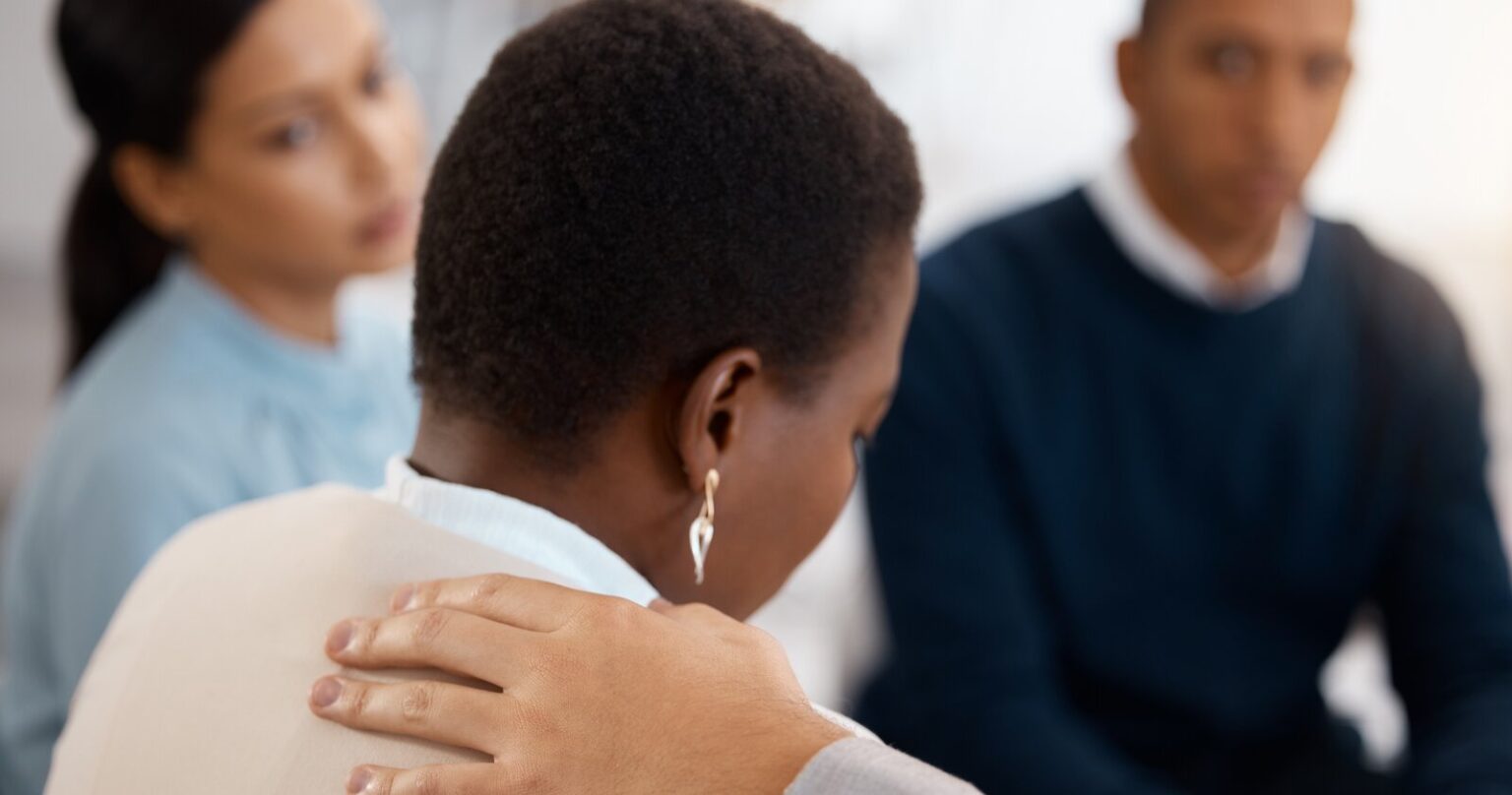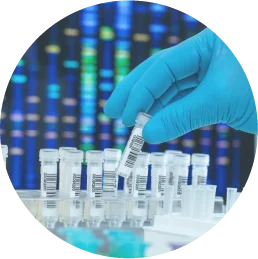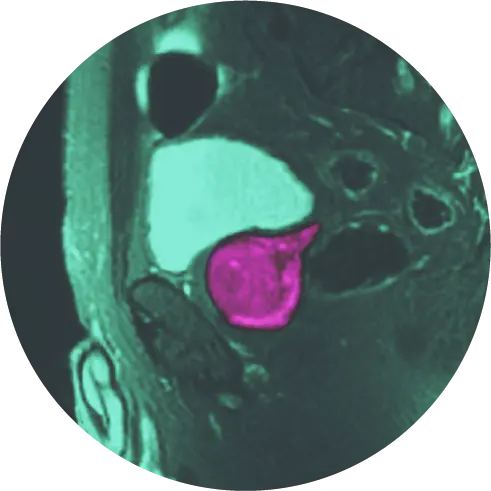Many people talk about the physical impacts of prostate cancer, which can be taxing and even painful. Acknowledged less often is the invisible emotional impact of cancer and the toll it can take on a person’s mental health. The numerous appointments, difficult treatments, lingering side effects, and uncertainty of living with cancer are a lot for anyone to handle. Struggling to cope with this lifestyle change is normal. Some people may struggle more than others, and it’s not uncommon to suffer from stress, anxiety, or even depression. Approximately one in six men with prostate cancer experience clinical depression, but many men hesitate to talk about their mental health with their doctor or even with their families.1
It is important for anyone with cancer to know that relying on your support system and talking about how cancer is affecting you is healthy. Resources exist to help you cope with anxiety and depression after a cancer diagnosis.
What are the Signs of Depression?
Periods of sadness, fatigue, and stress are normal when living with prostate cancer, so it can be easy to dismiss these feelings instead of reaching out for support. There are signs and symptoms that can help evaluate if you or a loved one are struggling with clinical depression. Some include:2
- A loss of interest in activities that were once enjoyable
- Extreme tiredness and a lack of desire to get out of bed each day for an extended period
- Difficulty focusing or paying attention to things
- Mood swings
- Changes in sleep habits
- Rapid or significant weight changes
If you notice any of these changes becoming a pattern or lasting for many days or weeks, it might be time to talk to your doctor about them. Your doctor can evaluate your needs and determine if medication, counseling, or a combination of the two can help you. They can also recommend other outlets like support groups.
Support Groups
When dealing with depression and cancer, it may seem like no one in your life understands exactly what you are going through. Online or in-person support groups can be a way to talk openly or even anonymously about your feelings with people who are on a similar journey. Support groups are a safe space to vent about your frustration or anger and express worries or fears you may not feel comfortable sharing with your loved ones. They are also a place to celebrate the small wins and milestones with people who understand their magnitude. Ask your doctor or search online or on social media for a support group near you.
Outlets for Expressing Your Emotions
Other daily habits can help people experiencing depression with cancer. For some, journaling or writing down feelings is a great way to express emotions. Many people feel relief after putting their thoughts on paper.
Exercise is another outlet to help with depression and anxiety. Getting your heart rate up and exercising is beneficial for both physical and mental health. However, exercise doesn’t always have to mean weightlifting or running on a treadmill. A brisk walk around the neighborhood every day can help clear your mind and give you a boost of vitamin D. Yoga is another gentle form of exercise that can help you find some peace by focusing on your breathing and being present in the moment.
Reaching Out for Help is the First Step
Taking care of your mental health is equally important as taking care of your physical health, especially when fighting prostate cancer. There is no shame or weakness in struggling with anxiety or depression—in fact, it takes tremendous strength to reach out for support when you need it. Knowing the signs of depression and taking steps to prioritize your mental health will help you throughout your prostate cancer journey.




